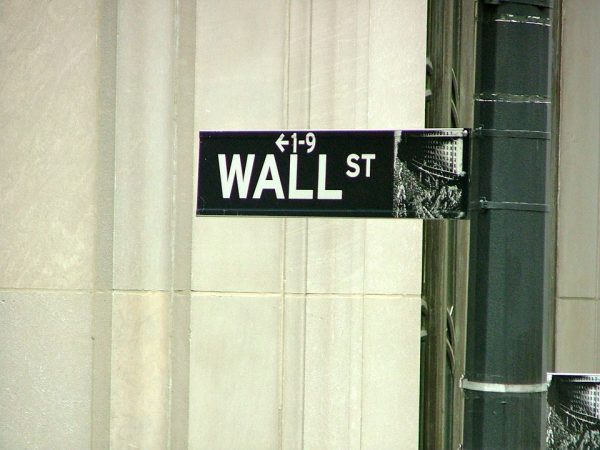Explaining the USDJPY and DJIA Correlation
Any Forex trader familiar with the currency market noticed the JPY (Japanese Yen) moves in a tight correlation with the U.S. equity market. More precisely, the USDJPY and the DJIA (Dow Jones Industrial Average) enjoy similar flows.
The key when trading currencies is to understand the monetary policy behind an economy and a currency. Many types of traders exist, and most of them buy and sell for purely speculative reasons.
Therefore, they don’t own the money to invest. Most likely, they borrow it.
Hence, the USDJPY and DJIA correlation exists because of similar flows pouring in and out of financial markets.

Bullish USDJPY and DJIA Correlation
When investors like the monetary policy and they want to take a risk by buying U.S. equities, they borrow money. And, they do that, by favoring the currency with the lowest interest rate.
The logic behind the move is that by the time investors liquidate the stock positions, they will repay the JPY denominated loan. Hence, they don’t want to pay a higher interest as it’ll become an associated cost to the entire operation. And, when the volume is big enough, every fraction of a percentage point means serious money.
For more than twenty years the Bank of Japan (BOJ) kept the interest rates close to zero. Nowadays, it is even below the zero level. When compared with the other currencies part of the Forex dashboard, for years it was the currency favored to borrow in.
So, when investors borrow in JPY to buy U.S. stocks, the stocks, naturally, move higher. But after they borrow in JPY, the sell the JPY and buy USD to pay for the stocks. Hence, create a direct USDJPY correlated move.
Bearish USDJPY and DJIA Correlation
The opposite happens in a risk-off situation. The JPY is the currency that appreciates because investors dump stocks in exchange for USD.
With the resulting USD, they buy JPY, in a move that sends the USDJPY and DJIA lower together.
Conclusion
Obviously, the USDJPY and DJIA correlation isn’t a hundred percent one. The more the interest rates in the FX world change, the more the correlation changes.
For instance, the interest rate for the Euro is well below the one on the JPY for quite some time now. Hence, expect the USDJPY and DJIA correlation to strengthen by the time the ECB (European Central Bank) begins raising the key interest rate level.







